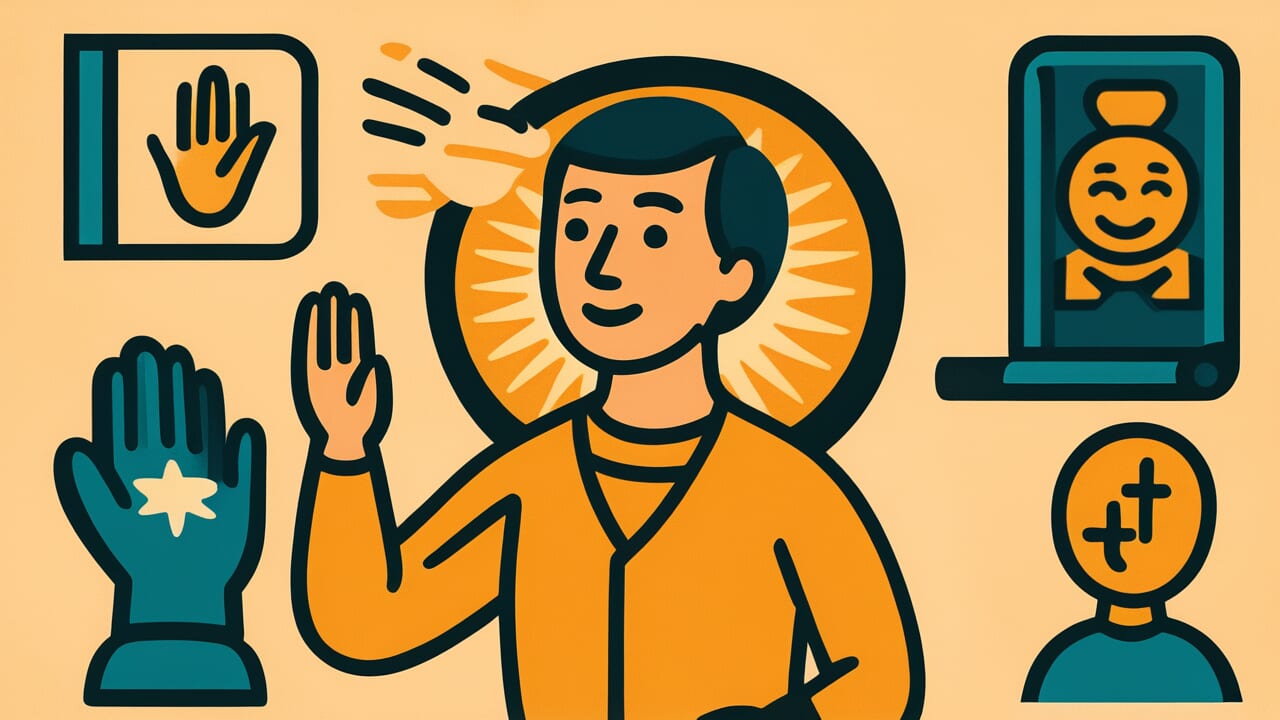How to Read “To err is human nature, to forgive is the heart of God”
Ayamatsu wa hito no saga, yurusu wa kami no kokoro
Meaning of “To err is human nature, to forgive is the heart of God”
This proverb means that all humans make mistakes, and forgiving those mistakes is a noble act worthy of God.
The first half shows the reality that no one is perfect. The second half teaches the nobility of forgiving others’ mistakes.
People use this saying when someone fails. It reminds us to respond with tolerance rather than harsh criticism.
Sometimes people also use it to comfort themselves after making a mistake. It helps prevent excessive self-blame.
This wisdom remains important in modern society for smooth relationships. Perfectionism is widespread today, and even small mistakes often feel unforgivable.
When we accept that everyone makes mistakes, we can build supportive relationships. Forgiveness shows high spiritual character and thoughtfulness toward others.
This compassion enriches human society and makes our communities stronger.
Origin and Etymology
This proverb likely spread as a Japanese translation of the Western saying “To err is human, to forgive divine.”
This English phrase comes from a famous line in a poem by Alexander Pope, an 18th-century British poet.
After the Meiji era, Japan actively translated Western thought and literature. This saying probably became established in Japanese during that period.
The word “ayamatsu” means “to make an error” in classical Japanese. “Saga” refers to the essential nature of humans.
The phrase “heart of God” reflects the concept of divine mercy from Christian culture.
Interestingly, this saying resonated with Buddhist concepts of compassion when it entered Japan. Recognizing human imperfection while still offering forgiveness is a universal value across Eastern and Western religions.
Though Western in origin, it naturally fit Japanese hearts and became established as a proverb. This saying serves as a cultural bridge, born through translation.
Usage Examples
- He’s only human, so to err is human nature, to forgive is the heart of God, right?
- Thinking that to err is human nature, to forgive is the heart of God, I decided to overlook it this time
Universal Wisdom
This proverb has endured because it captures two essential aspects of humanity simultaneously. One is the reality that “people are imperfect.” The other is the hope that “we can still forgive each other.”
Humans possess intelligence and can judge with reason. Yet we also get swept by emotions, grow tired, feel confused, and make mistakes.
No matter how careful or good-hearted we are, living perfectly is impossible. Accepting this fact actually requires great courage.
We want to be perfect. We fear failure. We worry about others’ opinions. This is human nature.
Forgiveness, on the other hand, is one of humanity’s most beautiful abilities. Holding onto anger and resentment is easy.
Letting go and accepting someone is much harder. Forgiveness means acknowledging someone’s mistake while still believing in their worth.
It means rising above your own emotions to a higher perspective.
This proverb shows wisdom for imperfect humans living together. Because everyone makes mistakes, everyone needs forgiveness.
And everyone should have the power to forgive.
When AI Hears This
Game theory research reveals a fascinating discovery. In experiments where computers compete using various strategies, the most successful was “tit for tat.”
This simple method cooperates when the opponent cooperates and betrays when betrayed. However, this strategy had a fatal weakness.
If either side mistakenly betrays once, both fall into an endless loop of mutual betrayal.
This is where “generous tit for tat” comes in. This method forgives with a certain probability and continues cooperating even after betrayal.
In mathematician Robert Axelrod’s experiments, strategies with this generosity scored highest long-term. Mathematically, occasionally forgiving is more advantageous than perfect retaliation.
Why? Humans inevitably make mistakes. Misunderstandings happen. Unintentional failures occur.
If we treat all these as “betrayals” requiring revenge, relationships collapse. But forgiveness prevents cascading failures from accidental errors.
Evolutionary biology also shows that species maintaining cooperative relationships had survival advantages.
The premise “people make mistakes” and the conclusion “we should forgive” in this proverb are actually the optimal solution proven through millions of simulations.
It’s not just morally right but mathematically the smartest choice.
Lessons for Today
This proverb teaches modern people the courage to break free from perfectionism and the importance of tolerance toward others.
In today’s society, we’re constantly evaluated on social media. Small mistakes get amplified and spread widely.
Fearing failure, we avoid challenges. We become too harsh on others’ mistakes.
But if we accept that everyone makes mistakes, failure becomes a growth opportunity rather than shame.
When you make a mistake, accept it as naturally human. At the same time, you can become more tolerant of others’ failures.
Forgiveness isn’t weakness but strength. Letting go of anger and resentment frees you and deepens relationships.
When a colleague makes a mistake at work, when family forgets a promise, when a friend can’t meet expectations—remember these words in such moments.
No one is perfect. That’s exactly why relationships where we support and forgive each other create truly rich lives.



Comments